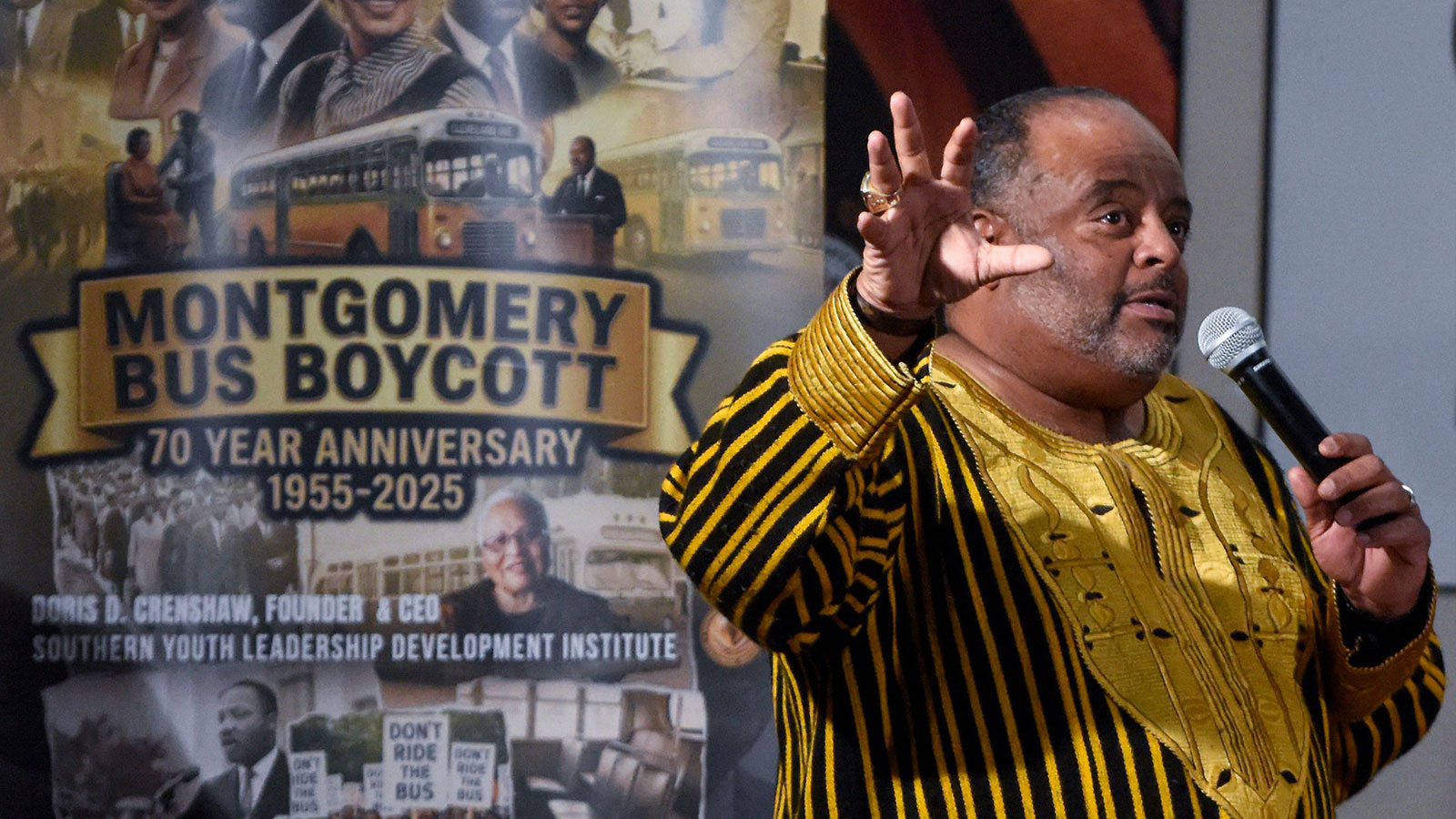The WGA (Writers Guild of America) went on strike this morning beginning at 3:01 am ET — here's what you need to know about the latest writer's strike.
When did it start?
In short, the May 1 deadline for negotiating a new contract has passed between the Alliance of Motion Picture and Television Producers (AMPTP) and the Writers Guild of America. Not even an hour after the AMPTP announced that an agreement had not been reached, the WGA announced to members that they would be going on strike on May 2.
Why?
The WGA released a letter titled “Writers Are Not Keeping Up” on March 14, outlining their concerns. Outlining their concerns, it reads, “The companies have used the transition to streaming to cut writer pay and separate writing from production, worsening working conditions for series writers at all levels. On TV staffs, more writers are working at minimum regardless of experience, often for fewer weeks, or in mini-rooms, while showrunners are left without a writing staff to complete the season. And while series budgets have soared over the past decade, median writer-producer pay has fallen.”
How did we get here?
As you can see in the paragraph above, the increase in streaming production has taken the industry by storm and has overwhelmed a lot of studios while pay for writers has become stagnant. As the WGA's letter concludes, “The companies have leveraged the streaming transition to underpay writers, creating more precarious, lower-paid models for writers' work. Our 2023 negotiations must significantly address writer compensation.” It's worse for TV series writers who, just a decade ago, only had one-third being paid the minimum. Now, half are working at the minimum but those experienced writers haven't seen a pay increase.
There's also concern over how many weeks worked writers, showrunners, etc. are spending on productions. For a showrunner, the median weeks worked from 2021-2022, a period during the prime of streaming, was 44 weeks compared to 42.5 weeks for those serving as a showrunner of network and CW projects.
A strike has been rumored for months — the Los Angeles Times has been covering it since February.
It's a shame that this issue has been allowed to go this far. Reality will likely sink in even sooner for late-night shows like SNL or talk shows. Writers are the backbone of the industry, so hopefully, the two sides can reach an agreement soon than later and the writers strike can conclude.




















